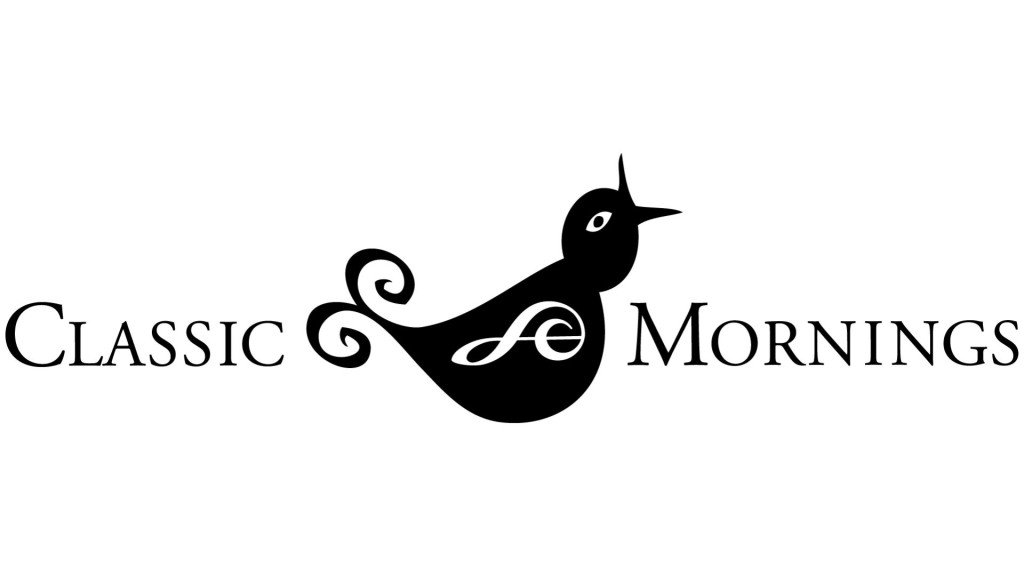Super Bow

Have you had enough? I’m guessing that many folks never get tired of competitions. The sports seasons continue, with lots of overlapping. And there’s no end to the contests.
Last week, I suddenly realized that I had brought a contest of sorts to Classic Mornings, though I hadn’t intended to. I did plan to play Franz Liszt’s Hungarian Rhapsody No. 6, from the debut recording of pianist Martha Argerich, which was made in 1960. She was 19 at the time. And I planned to follow it with Felix Mendelssohn’s Violin Concerto in E minor, featuring violinist Maxim Vengerov and the Gewandhaus Orchestra of Leipzig, conducted by Kurt Masur. I wasn’t aware until just before I played the concerto that Vengerov was 19 when he recorded it in 1993.
It turned out to be a friendly “contest” between the recordings of two 19-year-old legendary players, both of whom had faced the pressures of high-profile competitions around the time of those recordings. And who won? The audience. It was quite a display of the teenage talents of the musicians.
The thought came to me afterwards that I could have planned the “contest” in advance. But I hadn’t. And the coincidence probably added a bit of spontaneous excitement for me and for Classic Mornings listeners.
A bit of quick math, using the numbers I provided, will remind you that the two players were born decades apart. Still, during that hour of the program, it was just two 19-year-olds, dazzling us with different instruments. It was a competition unlike any in their careers. Neither could lose. Both went on to be famous. And we had the chance to listen, knowing that there would be more to come from them.
A recent recording attempted to stage a competition that never took place, except in the dream of the performers. In the recording notes, they explained that they wanted to create an imaginary contest with Antonio Vivaldi, Francesco Veracini, Giuseppe Tartini, and Pietro Locatelli, whom they refer to as the “four musketeers” of the violin in Venice during the first half of the 18th century. It was billed as a “battle of the bows” – violin bows, that is.
The performers explain that when violinist/composer Arcangelo Corelli died in Rome in 1713, he passed on the torch. And it was in Venice that rivalries arose. “The violin became an instrument of confrontation, an ideal weapon for demonstrating virtuosity and technical prowess.” The violinist’s goal was “to astonish and shock the listener,” often displaying exaggerated “narcissistic tendencies.” Given that historical setting, violinist Chouchane Siranossian teamed up with the Venice Baroque Orchestra and its music director Andrea Marcon for a recording titled: Duello d’archi a Venezia (Duel of Strings in Venice) (Alpha 935).
There’s only one problem. Siranossian’s playing is so consistently captivating in between the “battle scenes” of the music, that the result is more like one of those love stories that takes place amid the background of battles. But that’s not a bad thing.
This was my introduction to the French violinist of Armenian ancestry. The 2023 recording came into the Friends of WILL Library recently. We’ve been enjoying all sorts of collaborations with the Venice Baroque Orchestra and various solo artists over the decades. This isn’t their first with Chouchane Siranossioan.
On the topic of contests, battles, and heroes, I recently came upon a word that I hadn’t noticed before. I‘ve played the overture from Antonio Salieri’s 1799 opera Kubla, Great Khan of the Tartars (Cublai, gran kan de’ Tartari) ever since it arrived in the Friends of WILL Library. The London Mozart Players recorded it for the first time and included it in an all-Salieri collection 25 years ago. In the recording notes, the late British musicologist Robin Golding mentioned that it was an “opera eroicomico.”
Are you familiar with that word? I wasn’t. So, I did a little exploring and noticed that some online dictionaries isolated the two words which make up “eroicomico.” “Eroica” is the Italian word for heroic. That’s what Beethoven called his Symphony No. 3, even using the Italian word. And “comico” means comic or comical. The compound word actually means mock-heroic or mock-epic.
I had planned to play the Salieri overture before an excerpt from Beethoven’s Symphony No. 3, well before I noticed Golding’s mention of eroicomico. Once again, it was a coincidence that added a good bit of spontaneous fun to the program!
In addition to all the surprises I actually plan for our Classic Mornings, it seems there often are more that arrive during the program. It makes it all the more exciting for me. And isn’t it yet another reason why you should join us for the music and the extras? Tune in Monday through Friday from 9-noon on FM 90.9 or online at will.illinois.edu.

